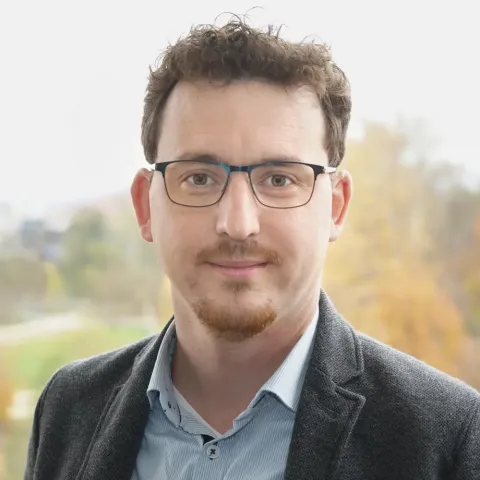Speaker: Prof. Dr. Beck, Fabian (Universität Bamberg)
Abstract: Humans as well as machines exhibit complex behavior, already when acting alone, but even more when they interact with each other. Events and connections that evolve dynamically are embedded in spatial or non-spatial environments. Such scenarios can be found across various domains: Social networks, human gaze, software systems, or play data from computer games. They involve as actors human participants, traditional algorithms, and artificial agents. To understand the recorded behavior, these scenarios can all be mapped to similar data structures and visualized through related methods. The talk discusses dynamic graph visualization as a method to analyze such scenarios. It focuses on timeline-based methods, which provide a good overview of temporal developments. Since insights can be specifically gained through contrast, visual comparison is a cross-cutting challenge. Finally, game analytics serves as a use case to study complex behavior in a controlled environment. When analyzing artificial agents competing in games, insights can be gained on what behavior the agents learned and strategies they follow.
Bio: Since October 2021, Fabian Beck holds the chair of Information Visualization at the University of Bamberg. His research focuses on methods for the visualization of dynamic structures and on self-explanatory visual representations. These methods can be applied in many areas, such as understanding complex software systems, analyzing the behavior of artificial agents, or organizing literature. His research also explores the interaction of visualizations with textual content and other media for understandable visual reporting. He received his Dr. rer nat. Degree (PhD) in Computer Science from the University of Trier in 2013 and worked as a postdoctoral researcher at the University of Stuttgart Visualization Research Center (VISUS) until 2016. Afterward, he led the visualization group of the paluno Institute for Software Technology at the University of Duisburg-Essen as an assistant professor. In 2018, he was awarded the EuroVis Young Researcher Award.
